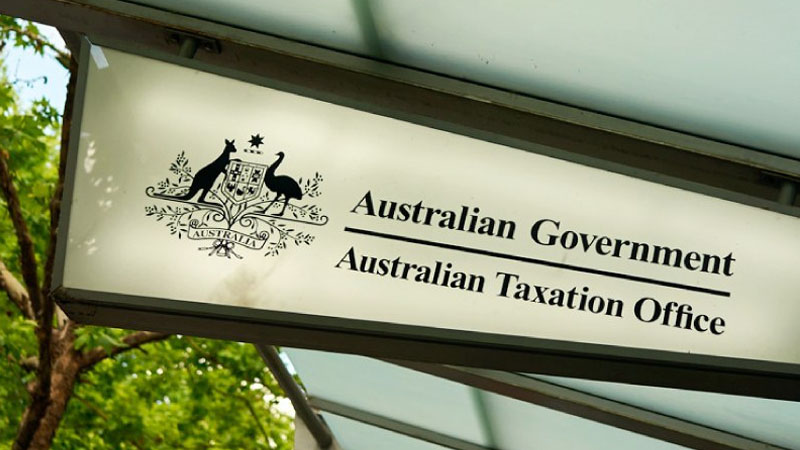ATO flags changes to treatment of military invalidity payments
The tax and superannuation treatment of specific invalidity benefit payments has changed following a Full Federal Court decision.
In a recent update, the ATO said the Full Federal Court decision in Commissioner of Taxation v Douglas [2020] FCAFC 220 means that the tax and superannuation treatment of certain invalidity benefit payments has changed.
The Court decision affects the treatment of invalidity benefits paid under pensions provided under the Defence Force Retirement and Death Benefits (DFRDB) Scheme and the Military Superannuation and Benefits (MSB) Scheme that started on or after 20 September 2007.
It also impacts the treatment of reversionary pensions paid under the DFRDB Scheme and the MSB Scheme, when the deceased veteran was receiving invalidity benefits provided under DFRDB Scheme or the MSB Scheme that started on or after 20 September 2007 at the time of death.
The ATO stated that for those affected by the decision, their military invalidity benefit payment will be treated as a superannuation lump sum payment when they lodge their 2022 tax return.
“We are pre-filling amounts reported by the Commonwealth Superannuation Corporation (CSC) into your tax return — at Label 8 Australian superannuation lump sum payments,” the ATO explained.
“If lodging online using myTax, we recommend waiting until mid-August to lodge. Your military benefit payments, as well as other information such as bank interest and health fund details, will usually be available and pre-filled in your return by then.”
Review process
The Tax Office is currently undertaking a review process for individuals affected by the decision which involves the review of income tax assessments and super reporting for income years from 2010–11 to 2019–20.
“In order to be eligible for the review process, you must be affected by the Court decision and have lodged all overdue tax returns,” said the ATO.
“If you are receiving a military invalidity benefit and believe you qualify to have your benefit taxed as a disability superannuation benefit, we recommend you apply to CSC for a determination before you start the review process to ensure that your amendments can be processed as efficiently as possible.”
The ATO warned that in some circumstances, participating in the review process may not be in a taxpayer’s best interests.
“It is important to consider the likely outcomes before deciding whether to register. We encourage you to seek financial advice to help you understand how a change in your taxable income affects your circumstances including superannuation and other payments and obligations,” said the ATO.
“Your outcome will depend on your personal circumstances, and may result in a a credit or refund, a debit where you will have to pay money, no change overall or additional financial impacts to other government payments and obligations.
“Once the review process is complete, we will send you your amended notice of assessment. In most cases this will be sent to your myGov inbox.”
Superannuation remediation
For individuals who have been identified as being affected by the court decision, the ATO has used the information from CSC to ensure that payments which are now super lump sum payments are no longer counted towards their transfer balance cap and to adjust their total super balance as required.
“When we adjust your total super balance, we will also consider if the change means you have no longer exceeded your contributions caps, and if you are now entitled to co-contributions or the low income super tax offset,” the Tax Office stated.
Disability Superannuation Benefits (DSB)
Individuals receiving military invalidity benefits from CSC, the ATO explained, may qualify for those benefits to be treated as disability superannuation benefits.
“Where a military invalidity benefit is also a disability superannuation benefit, an additional modification to the tax free component of the benefit applies,” it stated.
“Your benefit will be treated as a disability superannuation benefit if you experience physical or mental ill health, and two qualified medical practitioners have certified that because of the ill health it is unlikely that you can ever be gainfully employed in a capacity for which you are reasonably qualified because of education, experience or training.”
Medical certificates that do not address an individual’s ability to work into the future will not sufficient, the ATO warned.
“Where this evidence has been supplied to CSC during your invalidity assessment process, CSC will treat your benefit as a disability super benefit. It will also report this to us so that we can tax your benefit appropriately,” the ATO said.
“If you have not provided two medical certificates to CSC that specifically state that you meet the disability superannuation benefit, you can provide them at any time to CSC. CSC will then treat your benefit as a disability superannuation benefit going forward. They will inform us so that we can ensure you are taxed correctly.”
The ATO also noted that it has published legislative instruments, MS 2021/1 and LI 2022/1 on its Legal database to provide alternative methods to calculate the tax free and taxable components of a superannuation benefit for recipients of certain military invalidity pensions.

Miranda Brownlee
Miranda Brownlee is the deputy editor of SMSF Adviser, which is the leading source of news, strategy and educational content for professionals working in the SMSF sector.
Since joining the team in 2014, Miranda has been responsible for breaking some of the biggest superannuation stories in Australia, and has reported extensively on technical strategy and legislative updates.
Miranda also has broad business and financial services reporting experience, having written for titles including Investor Daily, ifa and Accountants Daily.








